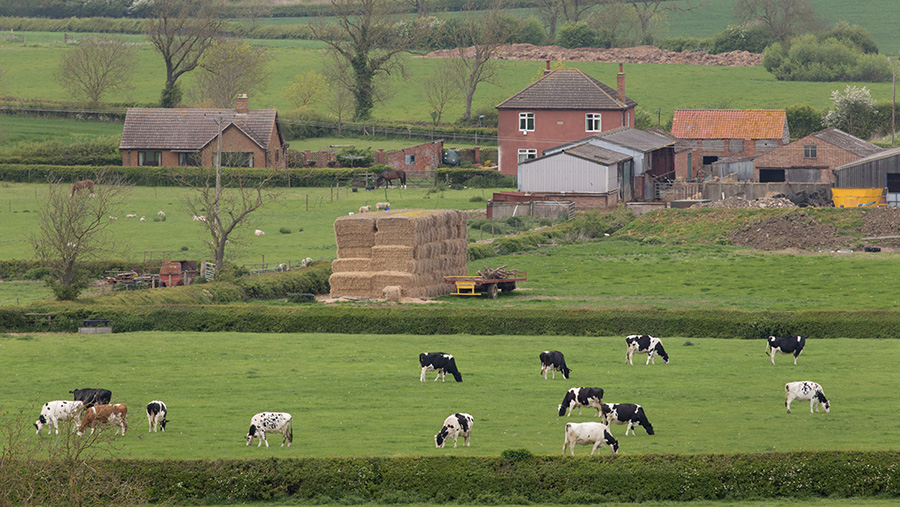Farmers need clarity on ELM roadmap and ambitions, Defra told
 © Tim Scrivener
© Tim Scrivener Defra must set out a roadmap and clear ambitions for its upcoming Environmental Land Management (ELM) scheme if it is to reach its target of enrolling 70% of farmers in England, say industry leaders.
A lack of clarity and detailed objectives from Defra over its upcoming flagship agri-environment scheme risked diverting farmers’ attention to other income streams, such as increasing their productivity and striking environmental deals with private equity companies.
This was the consensus among industry leaders who took part in a Westminster Food and Nutrition Forum policy conference online on Tuesday 23 November, which explored the future for agricultural land use and taking forward the ELM schemes.
See also: ‘Haphazard’ ELM scheme roll-out puts farms at risk, say MPs
NFU vice-president Tom Bradshaw, who grows a range of combinable crops across 950ha in north-east Essex, said there was too much focus on environmental delivery, and sustainable food production was being overlooked in the current thinking on ELM policy.
“We have to make sure we don’t offshore our emissions to other parts of the world just so we have a green and pleasant land here in England,” he added.
Defra is aiming for 70% of farms to take part in ELM by 2028, and the first component of the scheme, the Sustainable Farming Incentive (SFI), will be rolled out next year.
Mr Bradshaw said analysis of the current SFI payment rates on offer by farm business consultancy Andersons found they barely covered the cost of delivering the environmental outcome.
Profitable schemes
The SFI and future ELM schemes need to be profitable to meet Defra’s enrolment targets and deliver for the environment, said Mr Bradshaw, adding: “We have to move beyond income foregone and make sure there is a genuine profit opportunity from delivering for the environment.”
Mr Bradshaw said the rollout of the SFI scheme in 2022 will be the first time for many farmers to engage with ELM and, it was “absolutely crucial” Defra gets it right.
“We’ve seen from previous schemes, such as Countryside Stewardship, that when it goes wrong, farmers lose confidence and they will not engage in the scheme for the future,” he explained. “If the technology does not work and it is not simple to apply, we will struggle to engage members.”
Mark Coulman, national chairman of the Tenant Farmers Association, warned that if the government does not effectively replace the Basic Payment Scheme, many farms will not survive.
For tenants, the biggest threats to signing up to ELM schemes were limited access and fears that the active farmer will not receive the whole payment.
Michael Winter, a rural policy specialist at Exeter University, said farmers needed certainty, confidence, financial incentives, mental well-being and a sound farm business platform to deliver Defra’s ELM ambitions.
“My message to Defra, Natural England, NGOs and others is: focus on farmers and farming to achieve biodiversity objectives and, I would add, to achieve food security as well,” Prof Winter added.
SFI pilot
Defra farm minister Victoria Prentis said Defra hoped the ELM schemes would be up and running for almost everybody from 2025.
In the meantime, Defra was helping farmers to get on board by providing free advice, help and options. She said about 1,000 farmers were involved in testing the SFI pilot at the moment.
“I think it’s fair to say the schemes are not ‘bang on’ yet. They will change. And that’s part of this iterative testing system.”
The minister added that her own medium-sized family farm in Oxfordshire was preparing for ELM by entering Countryside Stewardship now – and many other similar farms were doing the same.
Defra plans to release further details on its SFI scheme next week.
